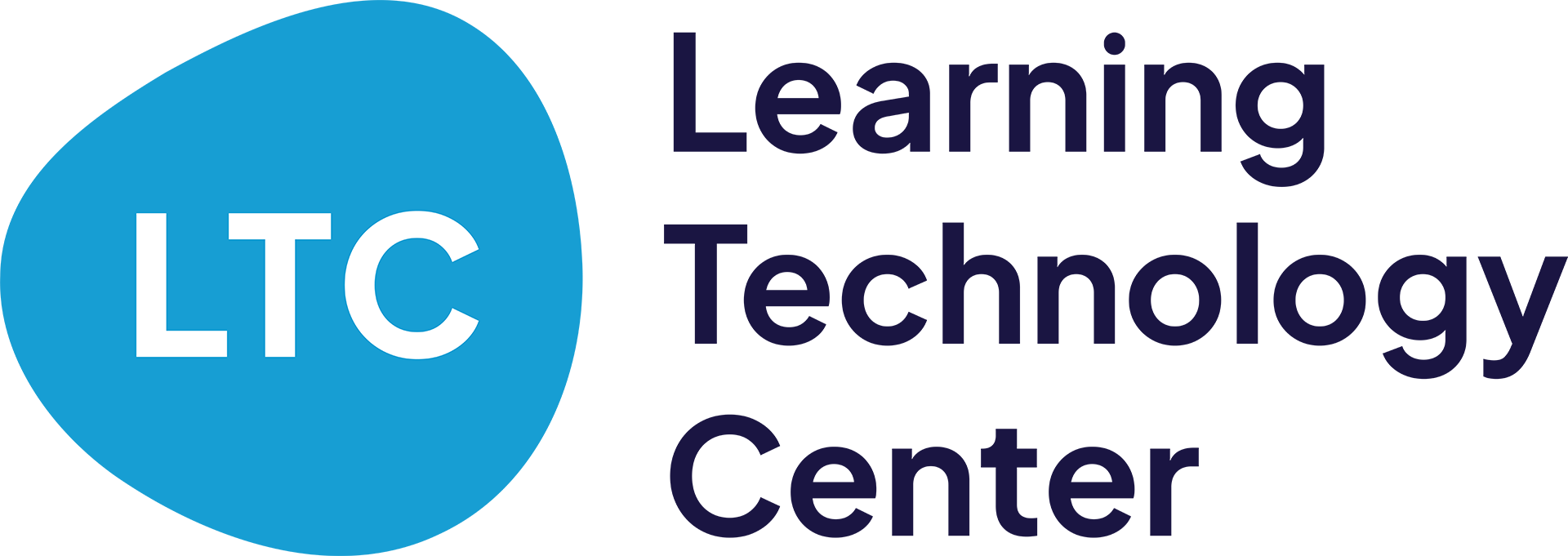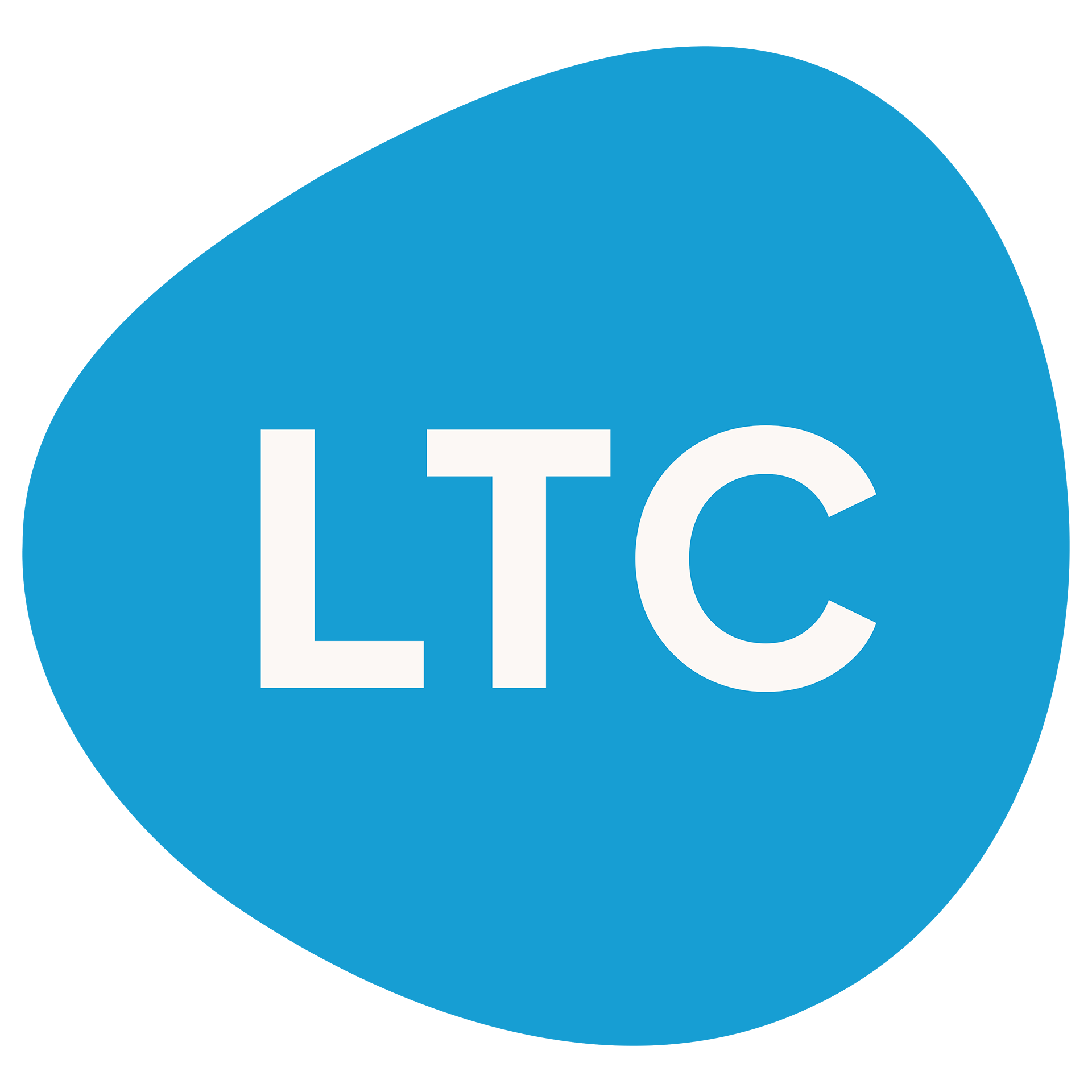Looking Ahead to 2025 – 5 Questions with Tim McIlvain

With a fresh set of 365 days ahead, the entire Learning Technology Center team is already looking forward to the new year ahead. If the past year has been an indicator, 2025 will be filled with new perspectives, new discoveries, and countless opportunities to support educators like you.
At the same time, we’re looking back at 2024 with a satisfied smile. Across every region of the state, our team of educators and technology leaders continued to support K-12 districts with cutting-edge tools, professional learning, and consulting services. Through new initiatives and expanded events, we also expanded our reach and provided crucial support to schools navigating challenges like AI, cybersecurity, computer science, and digital equity.
What’s ahead for the LTC team in 2025? Executive Director Tim McIlvain shares his insights on edtech’s future, the importance of digital literacy, and how the LTC is preparing to meet the evolving needs of Illinois schools.
What are the Biggest Technology Challenges Schools Face Today?
Tim: We’re seeing three major challenges: the adoption of AI, the digital divide, and cybersecurity.
AI offers exciting potential, but many educators are unsure how to implement it meaningfully and ethically. The LTC provides professional learning opportunities, like our AI Summits in partnership with Regional Offices of Educations, to help districts explore AI while promoting responsible use through robust data privacy practices.
As outlined in the 2024 National Educational Technology Plan, the digital divide now extends beyond just device and internet access. It also includes ensuring that students and educators know how to use technology effectively and that tools are developed with equity in mind.
For example, students need access to AI literacy and critical digital skills to succeed in future careers—not just devices.

As schools adopt more technology, they face growing threats from cyberattacks. The LTC supports districts through training, audits, phishing simulations, and strategic planning to help mitigate these risks and strengthen their cybersecurity infrastructure.
How are Schools Adopting AI? How has the LTC Supported that Adoption?
Tim: AI adoption has grown faster than many of us anticipated. Many teachers see the potential for AI to reduce administrative burdens and create more personalized learning experiences.
However, the real challenge is using AI in ways that enhance—not replace—good teaching practices. We’re working with schools to provide AI training and consulting, ensuring educators are prepared to use these tools effectively.
It’s important to address not only the practical uses of AI but also the ethical concerns around data usage and privacy. Our goal is to empower districts to be intentional in their AI strategies, integrating these technologies while protecting student data and privacy.
What LTC Programs are Schools using Most?
Tim: Several of our programs have become indispensable to districts across Illinois. Our most popular work revolves around professional learning. Last year, we facilitated over 650 different events, and we’re well on our way to topping that number this year.
Our instructional technology coaching program is also particularly popular, helping educators integrate technology through embedded, year-long support. Building capacity in and around school districts is a key part of our mission.

Other great programs include ILTPP, our cooperative purchasing program, that allows districts to stretch their budgets by accessing discounted technology products and services. We also develop resources and services to equip schools with practical tools and templates, along with technology and cybersecurity audits to strengthen infrastructure and ensure compliance.
How will the LTC Evolve to Meet Future Needs?
Tim: We’re focusing on several key areas: infrastructure planning and management, classroom integration, connectivity, capacity building, and digital leadership. Schools need more than just access to technology—they need thoughtful, long-term plans and support to ensure these tools are used effectively.
Throughout our work, we distinguish ourselves by offering unbiased, mission-driven support to Illinois schools. Backed by the Illinois State Board of Education, most of our services are provided free of charge, enabling us to act as a trusted advisor (rather than a vendor). If we aren’t the right fit for a district’s needs, our team works hard to connect them with the appropriate resources.

Where Do You See the LTC in Five Years?
Tim: In the next five years, we’re aiming to become even more essential to education in Illinois, especially in areas like technology planning, AI, computer science, and cybersecurity. Some of our programs, such as our online courses and purchasing program, are also poised for significant growth.
Ultimately, we strive to empower schools not only to address today’s challenges but also to anticipate and prepare for what’s ahead. With our talented team and strong partnerships, the LTC is well-positioned to achieve even more in the coming year. We are also very excited to launch a few key upcoming initiatives in the coming months.
Final Thoughts
Tim: The Learning Technology Center is poised to help Illinois schools meet the challenges of the digital age with innovative solutions and expert support. Whether it’s through AI integration, professional learning, or cybersecurity services, the LTC continues to lead the way in ensuring that districts have the tools and strategies to succeed.
As my team and I look to the future, the focus remains on empowering schools with the resources they need to provide equitable and high-quality education for all students.
To learn more about LTC’s services and initiatives, visit our website or connect with me at tmcilvain@ltcillinois.org or on LinkedIn.

Tim directs the Learning Technology Center, providing strategic leadership, expertise, and operational management for statewide technology and digital learning initiatives.

